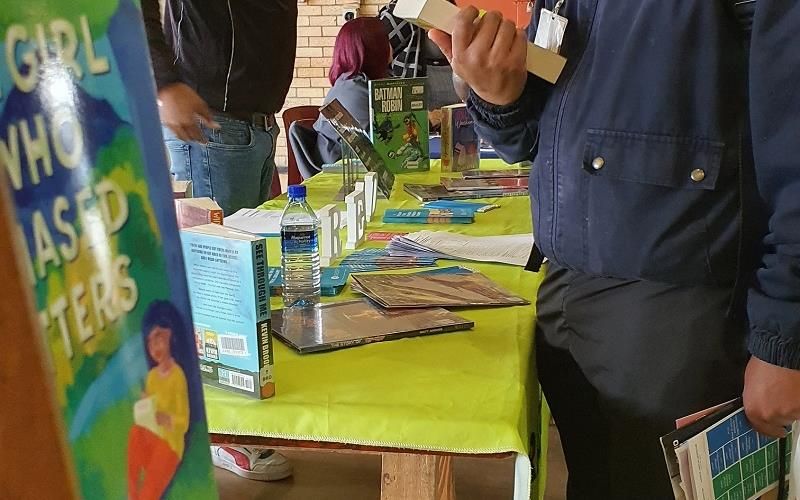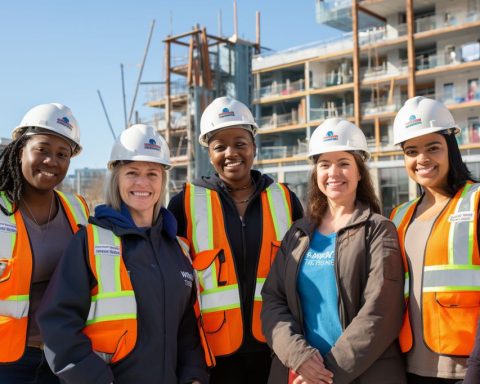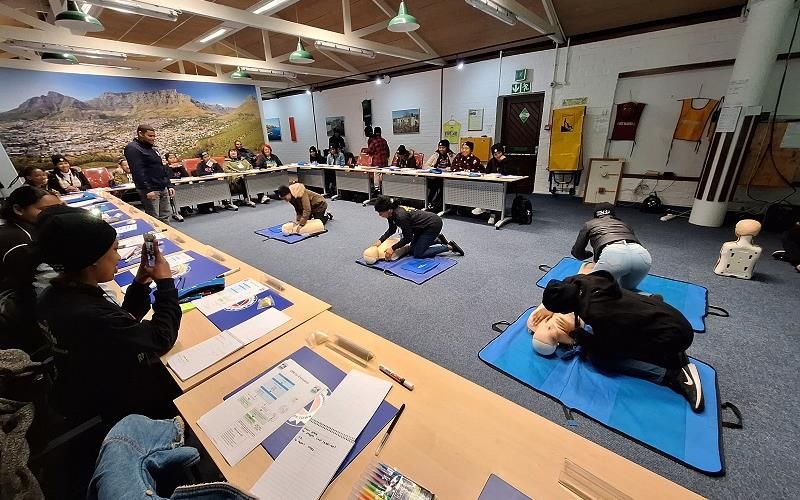The City of Cape Town’s libraries are committed to uplifting and inspiring women and youth by offering a series of programmes aimed at providing essential life skills and competencies needed to thrive in their communities.
Women’s Information Skills Empowerment (WISE) Programme
The Women’s Information Skills Empowerment (WISE) programme is designed to empower women from local communities and various walks of life. Hosted by 29 libraries, this six-week initiative recently saw 471 women participate in workshops.
The programme provides workshops that cover an eclectic range of topics, including digital literacy, job hunting and interview readiness. Facilitated by librarians, the WISE programme aims to empower women through library services and address potential gender biases and bridge the gender gap in the workplace.
Career Expos
Concurrently, the libraries hosted a round of career expos that attracted nearly 2,000 interested individuals. These events aimed to assist learners, patrons, and unemployed youth in making informed career choices by providing essential information and networking opportunities.
More than free career advice, the expos provide networking opportunities and expose attendees to occupations they may not be aware of or considered. By partnering with external stakeholders, libraries have become a vital resource for obtaining career information and connecting communities with essential resources and services.
Impact on Local Communities
These events have reached thousands of women and high school students, bolstering their knowledge and confidence in pursuing their goals. The success of the WISE programme and career expos in empowering women and inspiring youth demonstrates the ongoing role libraries play in fostering growth and development within local communities, ensuring a brighter future for all.
“We’re expanding on the initial programme, and our goal is to curtail the high levels of information illiteracy within communities, especially among women,” said Councillor Van der Ross, highlighting the programme’s ongoing commitment to female empowerment.
The WISE programme concluded with graduation ceremonies where participants received certificates of participation signed by the Mayor. At least two participants secured employment using their newly acquired skills.












